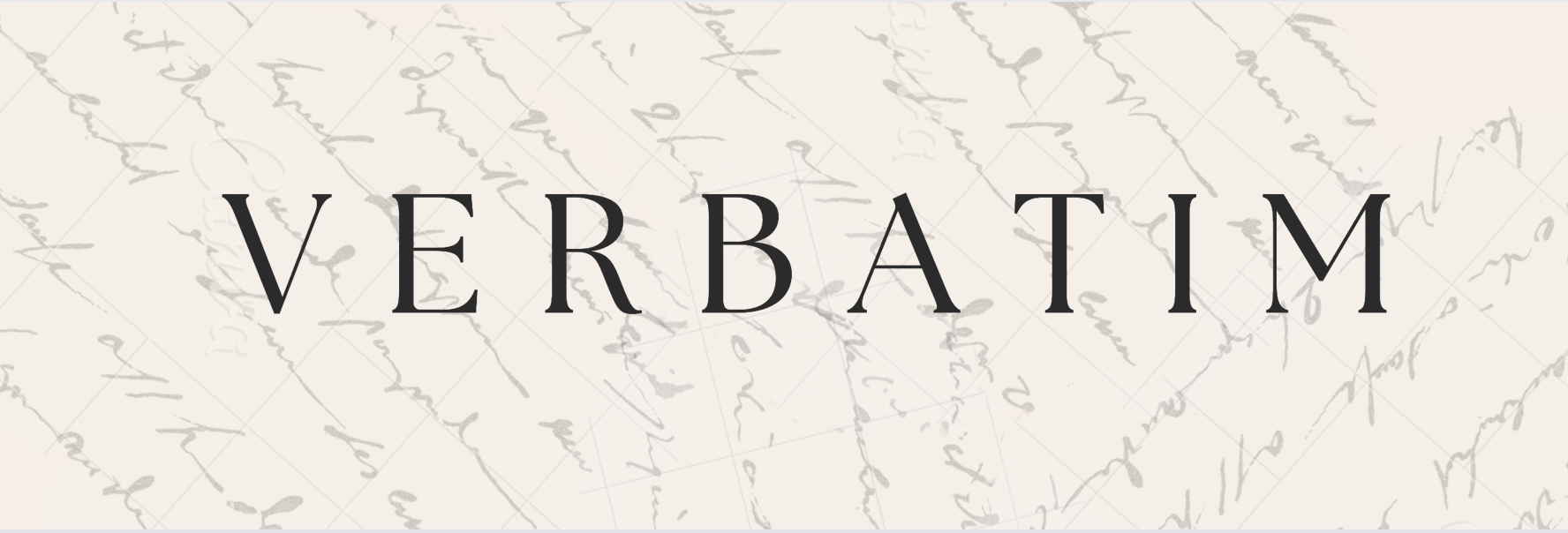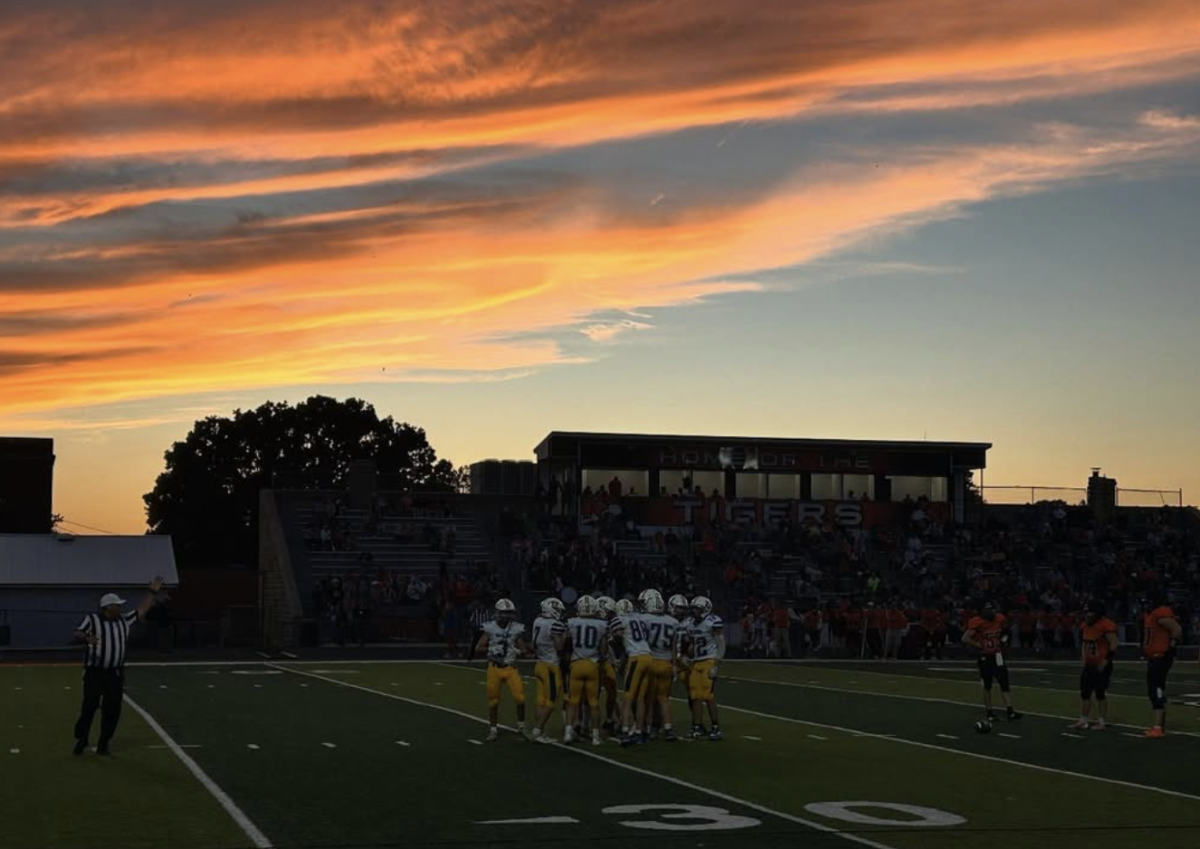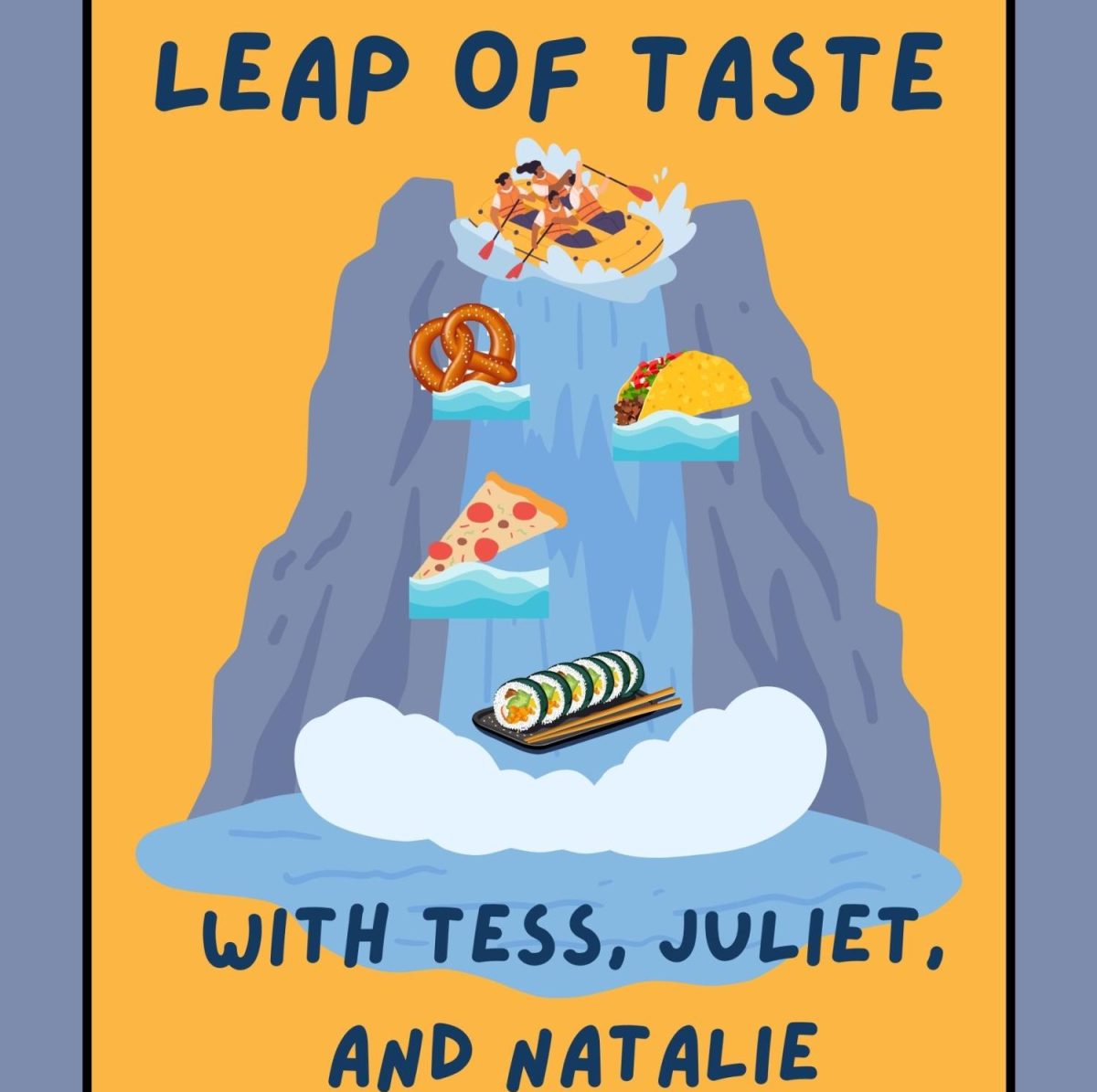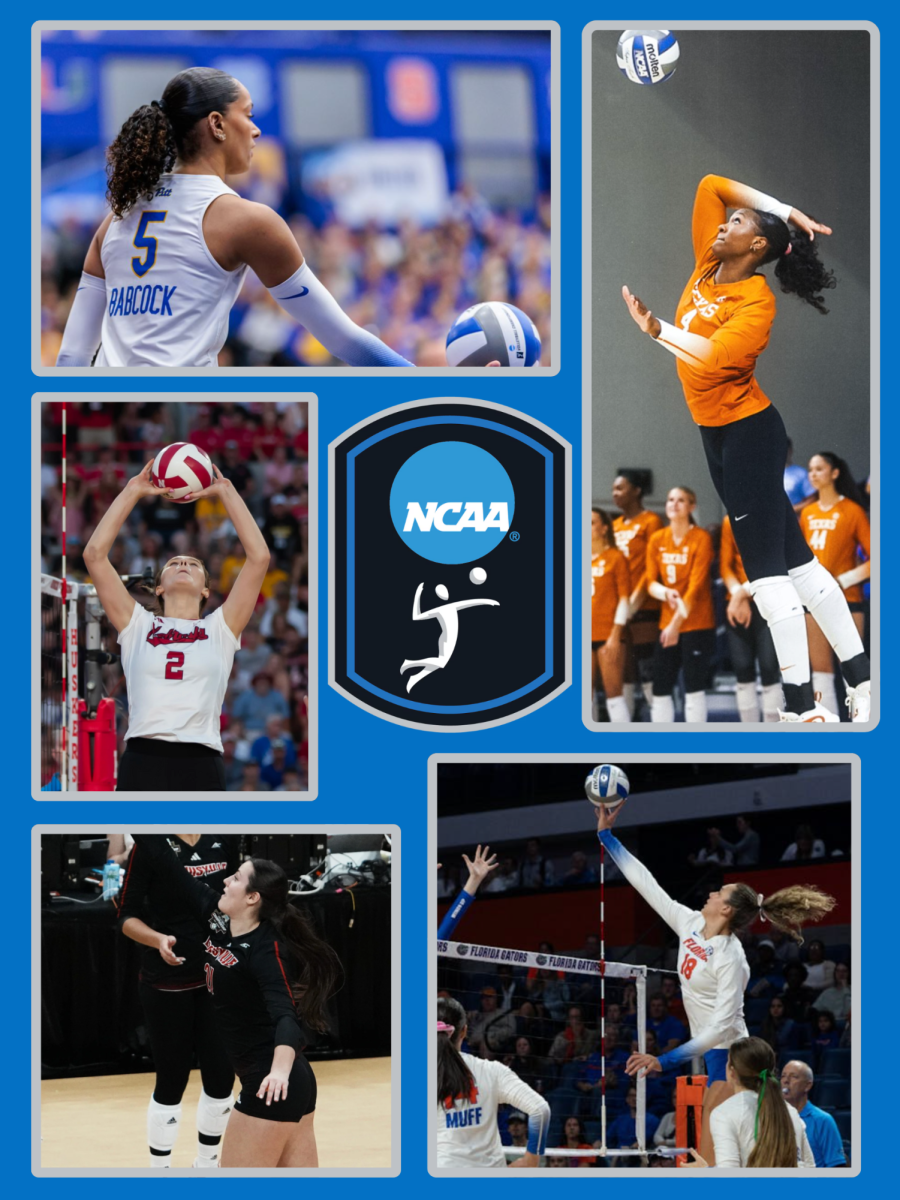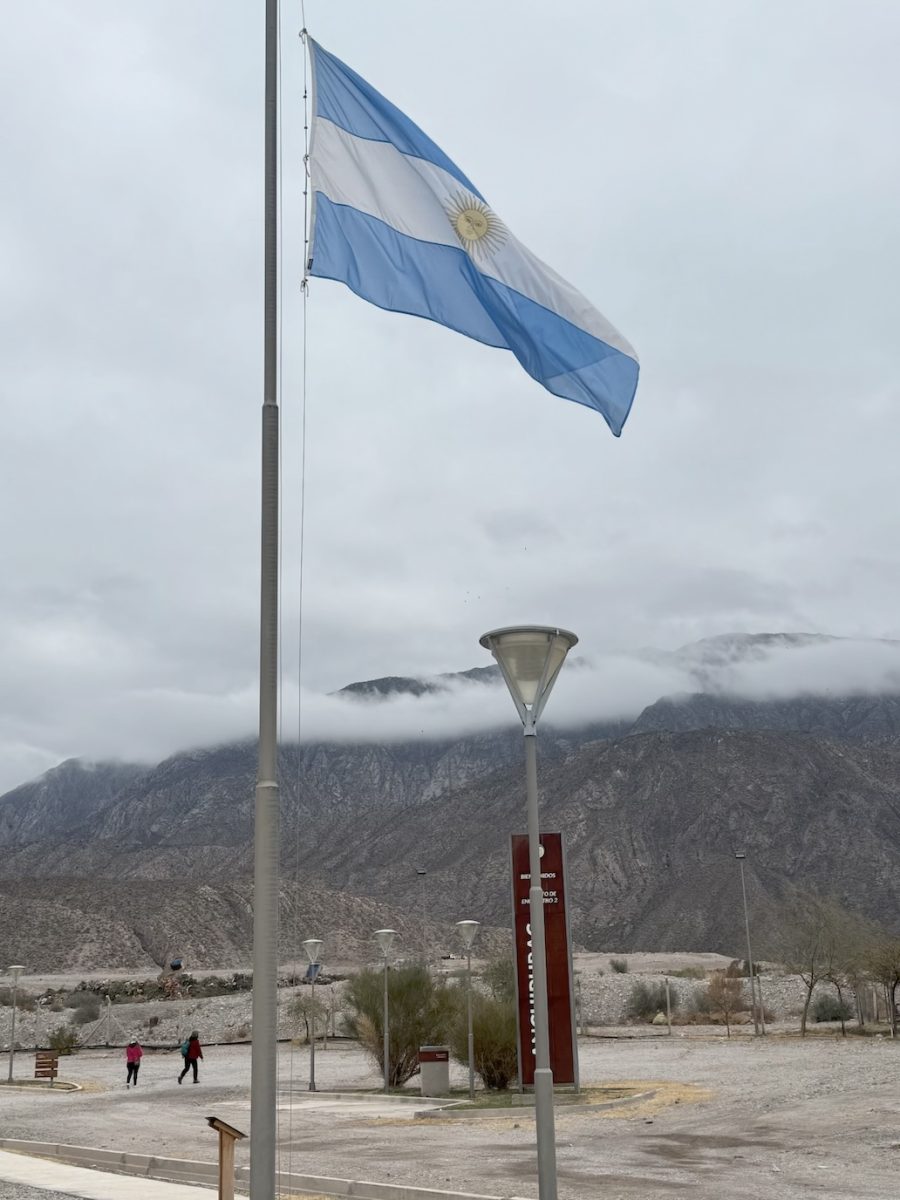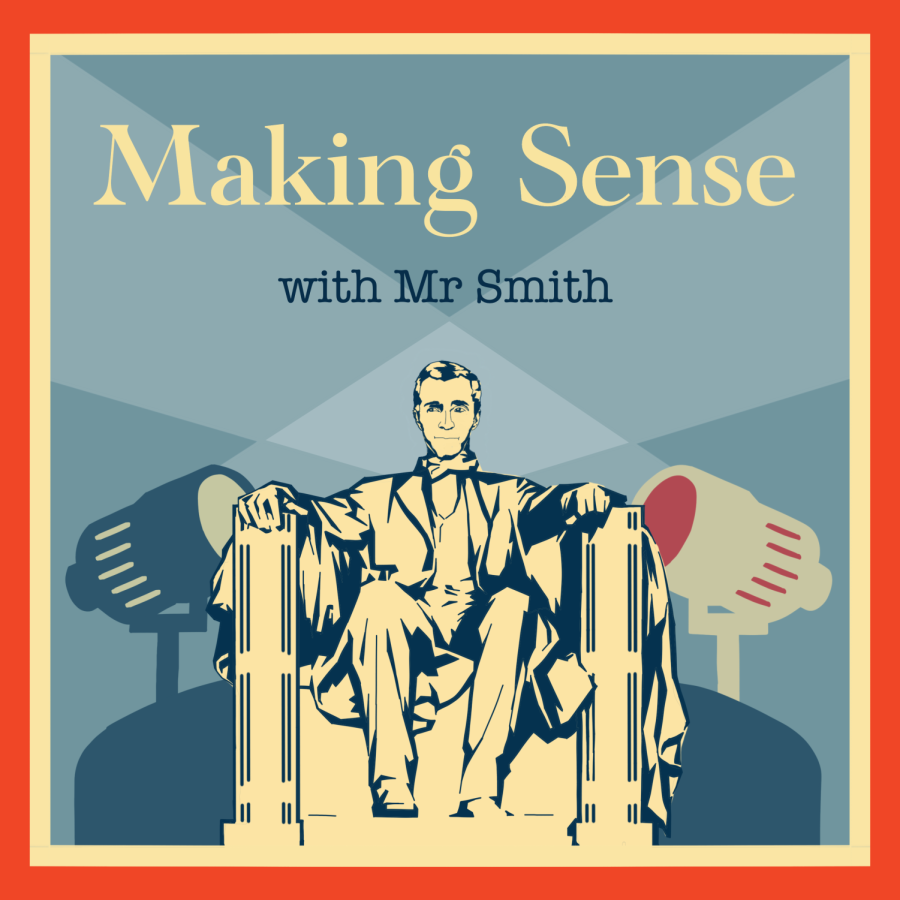With summer coming up, students are going to have a lot more free time on their hands. In order to prepare for the empty hours, I compiled a list of some of my favorite books I read during the months of March and April that I think could liven up the summer with fantastical worlds, daring journeys, and intricate thought adventures.
Yellowface by R.F. Kuang:
A step out of my comfort zone, I decided to divide into the world of contemporary fiction with a familiar author. Yellowface follows June Hayward, a down-on-her-luck author. After witnessing the death of her wildly successful Asian classmate, Athena, she steals her manuscript and publishes it under the name Juniper Song. This story highlights jealousy, the rigging of the publishing system, and the lasting effects of disenfranchisement.
What I enjoyed most about this story was the unreliable narrator. Readers are forced into June’s first-person perspective as she tries to justify everything she does, and throughout the story, genuinely starts to believe her own lies. The lengths June goes to lie and manipulate others while manufacturing villains out of her enemies are chilling. But at the same time, Kuang doesn’t construct a perfect victim out of Athena, either, who has clear faults, which make us really grapple with the tension between the two author characters.
I would recommend this to people who enjoy unreliable narrators because it definitely takes a lot of strength to follow June throughout the entire book. I would also recommend this book to people like me who have read Kuang’s other fantasy works (The Poppy War or Babel). While I believe the writing was better in Kuang’s fantasy books, her contemporary novel definitely allows readers to see Kuang’s developing range. Readers can also look for connections to her other books, especially Babel.
The Shadow of What Was Lost by James Islington:
I decided to explore this book after being completely enthralled by Islington’s newest work, The Will of the Many. So, while waiting for the sequel to that incredible novel, I spent some time diving into Islington’s completed, debut series.
The Shadow of What Was Lost follows Davian, a boy who discovers he has inherited the powers of the overthrown gods known as the Augurs. Like many adult fantasies, this is a multi-POV epic, but it involves something I don’t think I’ve ever seen in another fantasy series: time travel.
The incorporation of this classic, sci-fi theme into a fantasy world was a welcome intrusion. I loved the contrast, and it definitely added an air of complexity to the world by not shying away from its history. My main critique is that this book was in dire need of a character list! There are a lot of characters with very similar names (ex. Aelric and Aelritch) who might be mentioned once at the beginning of the book, only to reappear later with me forgetting their significance in the meantime.
Overall, while I don’t think this book holds a candle to Islington’s other work, it shows the growth of an author through plot, pacing, and character dynamics. I would recommend this to anyone who loves a classic fantasy quest adventure or to those who are also eagerly awaiting Islington’s next book.
The Left Hand of Darkness by Ursula K. Le Guin:
This story follows a human ambassador as he attempts to convince the planet known as Winter to join a growing intergalactic legion. Winter is a planet that is plagued by perpetual cold weather and snow, but what really makes it stand out is that its inhabitants spend 80 percent of the time as genderless beings.
Le Guin expertly explores cultural differences through the eyes of Genly Ai, a human ambassador. As he learns about the customs of this planet, he must adjust to being a fish out of water while also attempting to understand and accept the practices of those around him.
This book is only 300 pages, but it is by no means an easy read. Le Guin uses this narrative to really make readers think about the potential benefits and drawbacks of a society like Winter, but more importantly, how to accept other cultures.
Personally, I preferred Le Guin’s other book, The Dispossessed, better, but I would recommend this book to anyone who is looking for an older book that dives into problems that are pertinent to society today, as well.
Chain Gang All-Stars by Nana Kwame Adjei-Brenyah
Chain Gang All-Stars is a speculative, dystopia fiction that was released in 2023. In this near-future America, Adjei-Brenyah concocts a world where prisoners can participate in gladiator fights to earn their freedom. We mainly follow Thurwar, a strong contestant who is only weeks away from winning her freedom. However, interconnected chapters display the emotions of fans, protestors, and other gladiators alike who explore the complexities of this world.
Where this book shines is its characters. It’s hard to make an audience feel sympathy for murderers, but the complexities that Adjei-Brenyah weaves and the emotions these characters display make you route for them.
I would recommend this to anyone who is wanting explore modern dystopian works that have a strong root in reality as we know it today.
Assassin’s Apprentice by Robin Hobb:
This is the first book in the first trilogy of Hobb’s universe, The Realm of the Elderling. This is a classic epic fantasy series that follows Fitz, the illegitimate child of the realm’s prince as he trains to become an assassin.
Don’t be fooled by the word “assassin” in the title: this is not an action-packed, gritty tale. It is an incredibly character-focused bildungsroman that will leave you heartbroken. By the end of the book, you will feel like you’ve known these characters for years. After reading this book, I really understood what people meant when they called Hobb a master of characterization.
I also have to applaud the realistic depiction of an assassin: rather than being a hulking man wielding swords and cloaked in a black hood, all of Hobb’s assassins are rather nondescript, yet observant people who do all of their killing with poison. This realistic portrayal of an assassin does take away from the potential for action scenes, but because the focus of the book is on Fitz’s coming of age, I don’t think the book suffered from a lack of action, especially considering the action toward the end.
I would recommend this book to anyone who is looking for a more character-driven, slow-paced fantasy book. I would caution anyone who wants an action-packed adventure from reading this book because action doesn’t become a major part of Hobb’s storytelling style until later series in The Realm of the Elderling.
(Also, a friendly warning to my fellow OPL patrons: the library has the first book, but does not have a physical copy of the second book, so prepare your wallet if you fall in love with these characters as I did.)
Lord of the Flies by William Golding:
This was my first reread of the year, and I’m so glad I got the opportunity to enjoy this story through a new and more mature literary lens. Lord of the Flies depicts the downfall and savageness of human nature as it tells the story of a group of boys who are stranded on a deserted island. As the attempt to organize a society, different viewpoints and fighting undermine the boys’ success, and soon, the entire island descends into chaos.
This is a story that you can read in a day (less than 200 pages), but one that will stick with you long after. The horror I felt while reading the last half of this book was palpable. I also enjoyed reading the afterward by Lois Lowry, which gave another perspective on characters and how her own reading experience evolved over time.
I would recommend this book to any young adult looking for a quick, impactful read. Unfortunately, it’s easy to connect the events in this book with the recklessness of real life. For that reason, it’s completely understandable why this is a valued title worthy of the nomenclature, “classic.”
Parable of the Sower by Octavia E. Bulter:
Butler has been an author who has been on my radar for a while, so I was excited to finally sit down and read one of her renowned works. Parable of the Sower is set in a near-future America that has been destroyed by climate change and completely corrupted by corporate greed. Lauren Olamina is a girl who lives in a walled community in California and is forced to deal with daily threats to her and her family’s safety. However, Lauren is keeping a secret: she suffers from a hyperempathy condition, causing her to feel the physical pain of those around her.
This tale is known for its prophetic nature: there are moments in our current political climate that Butler seems to predict with eerie accuracy. It is one of those books that makes you stare at the ceiling hours after finishing it as you ponder the consequences of society’s actions.
I would recommend this story to anyone interested in more accessible sci-fi and a story blending with anarchy and human emotion. But, overall, I think every American should read this book as we compare the chaos of this story to our own political and climate destruction reality.
